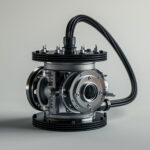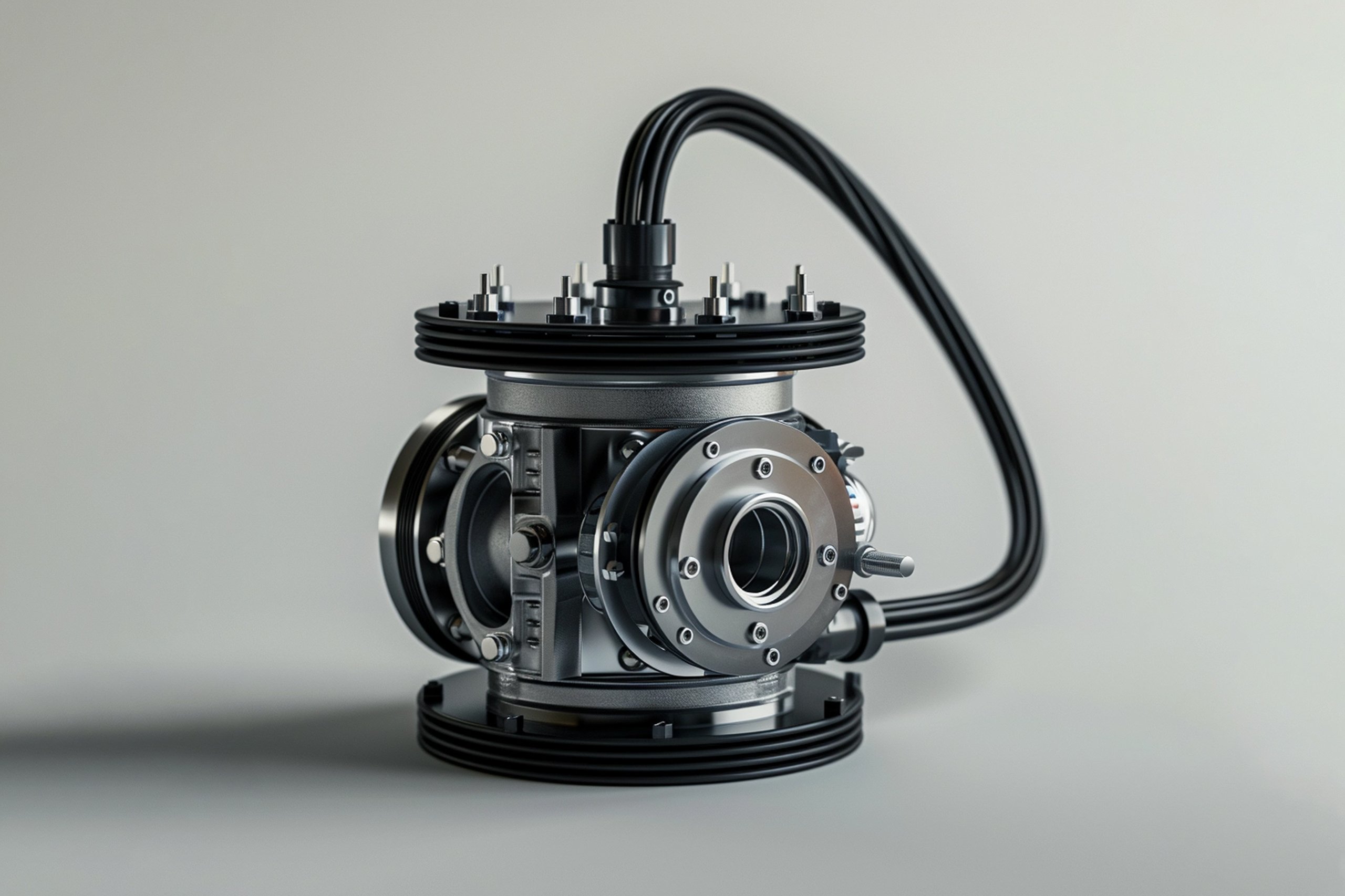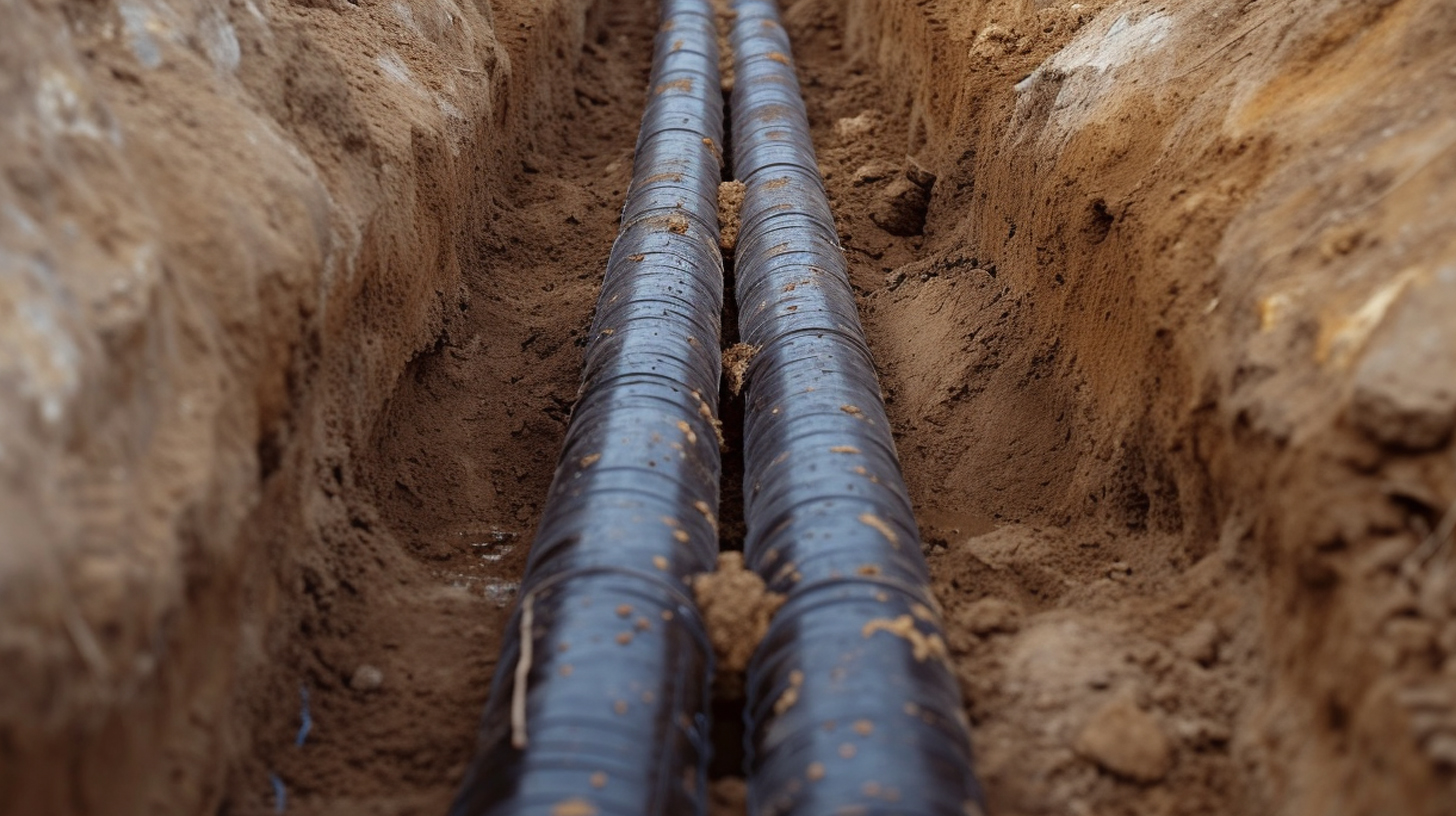Understanding the Lifespan of Sump Pumps
Sump pumps are one of those unsung heroes in our homes, quietly working away to keep our basements dry. But have you ever wondered how long these little workhorses actually last? Well, buckle up, because we’re about to dive into the lifespan of sump pumps.
First off, let’s get real – sump pumps aren’t built to last forever. On average, you can expect a sump pump to chug along for around 10 years before it starts to show its age. Of course, this can vary depending on a bunch of factors, like how often it’s used, the quality of the pump, and how well you maintain it.
Now, I know what you’re thinking – 10 years? That’s not too shabby! But hold up, because the lifespan of a sump pump can range anywhere from 5 to 15 years, depending on the circumstances. If you live in an area with a lot of heavy rainfall or your pump is constantly running, it’s going to wear out a lot faster than one that only has to kick in every now and then.
The moral of the story? Keep an eye on your sump pump, and don’t be afraid to replace it if it’s starting to show its age. Trust me, you’ll be glad you did when the next big storm rolls in and your basement stays high and dry.
Factors That Affect Sump Pump Longevity
Your sump pump is a hardworking appliance that helps keep your basement dry, but it’s not going to last forever. There are a few key factors that can impact how long your sump pump will keep chugging along.
First up, the quality of the sump pump itself makes a big difference. Cheaper, lower-quality models just aren’t built to withstand years of heavy use. They’ll start wearing down sooner than a more heavy-duty, well-made sump pump.
The amount of use your sump pump gets is another big factor. Homes that tend to get a lot of water in the basement will put a lot more strain on the sump pump over time. If it’s constantly running to pump out water, that’s going to take a toll.
And let’s not forget maintenance – or lack thereof. Skipping things like cleaning out the pump and checking for any issues means your sump pump has to work harder, shortening its lifespan. Gotta take care of the ol’ girl if you want her to stick around.
At the end of the day, even the best sump pump won’t last forever. But knowing what can wear it down can help you get the most out of it and avoid any unexpected basement floods down the line.
Signs Your Sump Pump is Nearing the End of its Lifespan
Your sump pump is one of those unsung heroes in your home, quietly working away to keep your basement dry. But just like any other appliance, it’s not gonna last forever. Here are some telltale signs that your sump pump is nearing the end of its lifespan and might need to be replaced soon.
First off, if your pump is constantly running, even when there’s no rain, that’s a red flag. It could mean the pump is working overtime to keep up with the water flow, which is a sign it’s on its last legs.
Another thing to watch out for is if your pump is making some weird noises – like grinding, squealing, or rumbling. That usually means the motor is starting to go. Not a great sound, if you ask me.
And if your basement is staying damp or even flooding when it rains, even though the pump is running, that’s a major warning sign. The pump might not be powerful enough to keep up anymore.
Keep an eye out for those signs, and don’t wait until your basement is swimming to replace that old sump pump. Trust me, it’s way easier (and cheaper) to swap it out before it completely kicks the bucket.
Tips to Extend the Life of Your Sump Pump
Hey folks, let’s talk about how to keep your sump pump running strong for the long haul. As the unsung hero of your home’s plumbing system, your sump pump works hard to keep your basement dry, so it’s important to give it a little TLC.
First up, make sure you’re doing regular maintenance checks. Give that bad boy a quick inspection every few months – look for any clogs or debris that could be slowing it down. And don’t forget to test it out by pouring some water into the sump pit and making sure it kicks on like it’s supposed to.
Another tip? Pay attention to the pump’s age and replace it before it kicks the bucket. Most sump pumps have a lifespan of around 10 years, so start thinking about an upgrade if yours is getting up there in age. Trust me, you don’t want to be dealing with a flooded basement when that old pump finally calls it quits.
Oh, and one more thing – be mindful of what you’re putting down the drain. Avoid sending anything chunky or abrasive its way, as that can wear down the internal components over time. Stick to good old H2O and you’ll be golden.
Follow these simple steps, and your sump pump will be humming along happily for years to come. Your basement (and your wallet) will thank you!
When to Consider Replacing Your Sump Pump
Hey there, let’s talk about when it’s time to replace that old sump pump of yours. We all know how important these little guys are for keeping our basements high and dry, but they don’t last forever.
So, how do you know when it’s time to swap out the old for the new? Well, if your sump pump is more than 7-10 years old, it’s probably a good idea to start thinking about a replacement. Those things just don’t have the stamina to keep going forever.
Another sign is if your pump is running more often than usual or seems to be working harder to do its job. That could mean it’s on its way out and needs to be swapped for a newer, more powerful model.
And let’s not forget about strange noises or leaks coming from the pump – those are definitely red flags that it’s time for an upgrade. You don’t want to wait until it completely craps out on you and leaves you with a flooded basement, right?
The bottom line is, keep an eye on that sump pump and don’t be afraid to replace it when the time is right. Your basement will thank you!
Don’t Wait for Your Sump Pump to Fail – Plan Ahead!
Don’t wait until your sump pump craps out to start thinking about it! Be proactive and plan ahead. Sump pumps are one of those things that you don’t really think about until they stop working – and then it’s a mad dash to get it fixed before your basement turns into a swimming pool.
Instead of waiting for disaster to strike, take some time to understand how your sump pump works and what you can do to keep it running smoothly. Get to know the warning signs that it might be on its way out, and have a plan in place for when you do need to replace it. Trust me, your future self will thank you.
The bottom line is, a little preparation can go a long way when it comes to sump pumps. Don’t get caught off guard – be the boss of your basement and stay on top of that pump!












